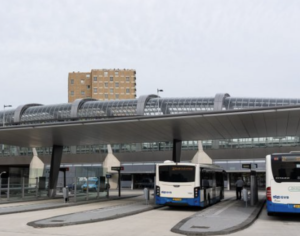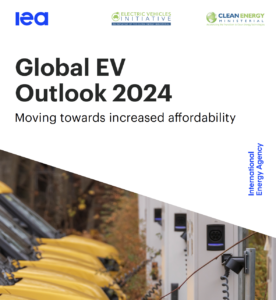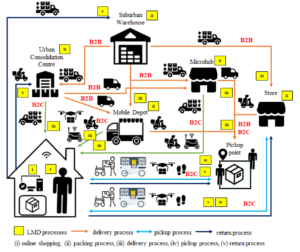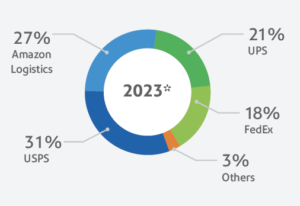Study finds electric buses can be powered by existing metro network in Amsterdam

AMS Institute, in collaboration with Amsterdam GVB and TU Delft’s public transport operators, has explored the integration of new electric bus chargers into the existing but underutilized energy infrastructure: the metro grid of the Noord-Zuidlijn in Amsterdam. The project devises a strategy to alleviate grid congestion, reduce greenhouse gas emissions, and minimize energy costs while …









